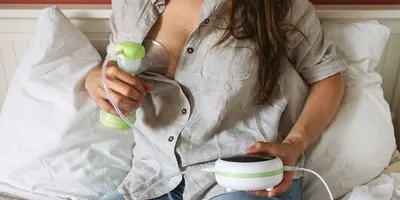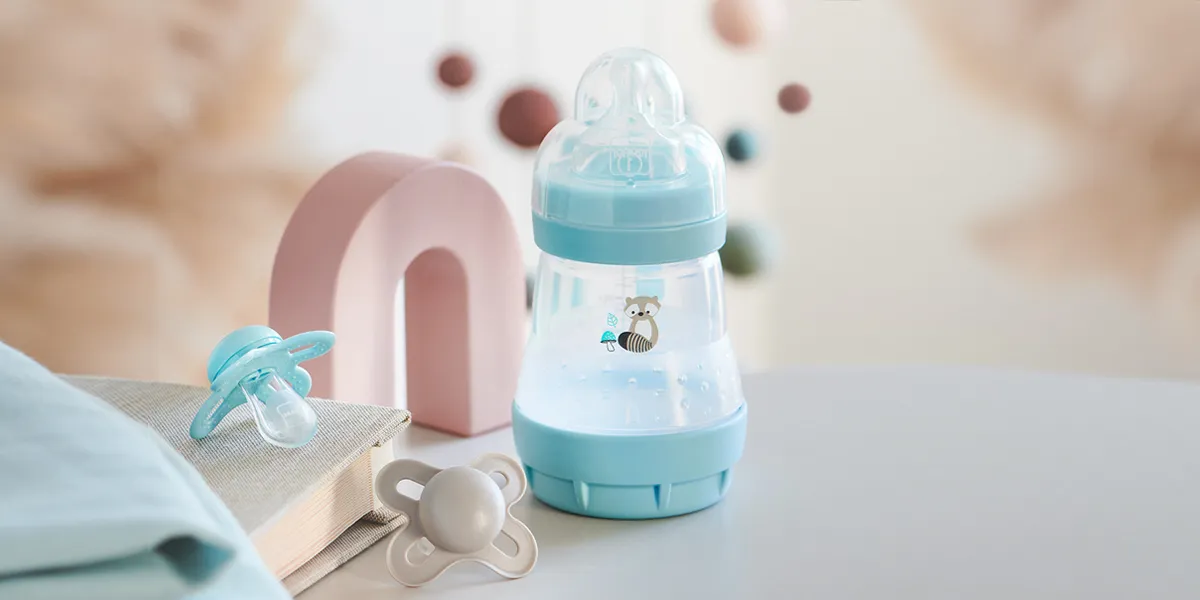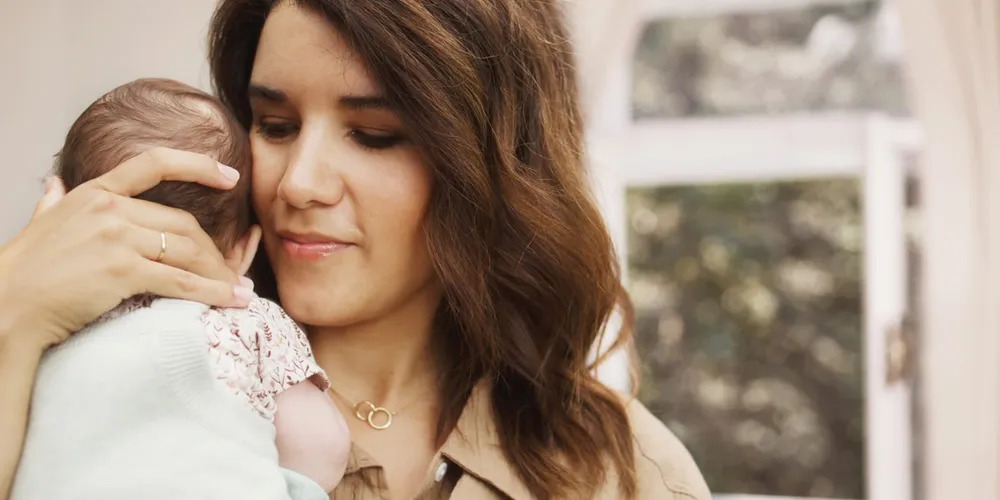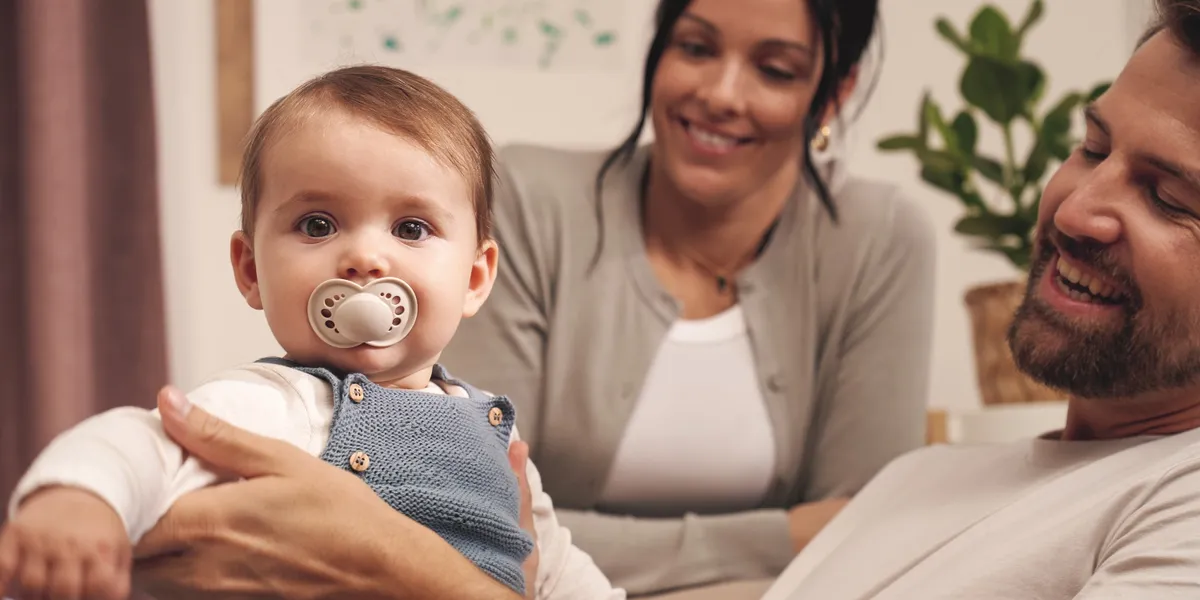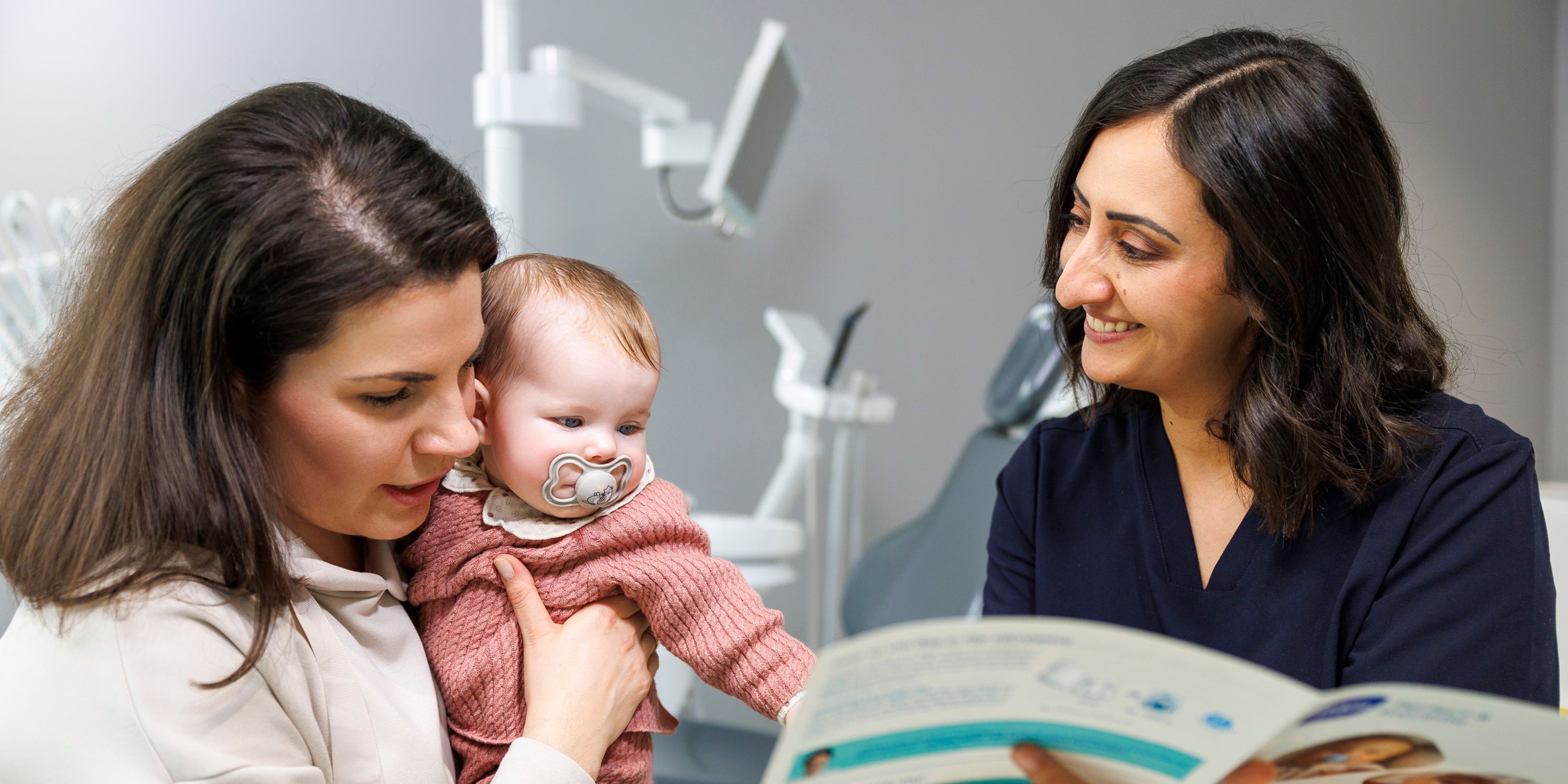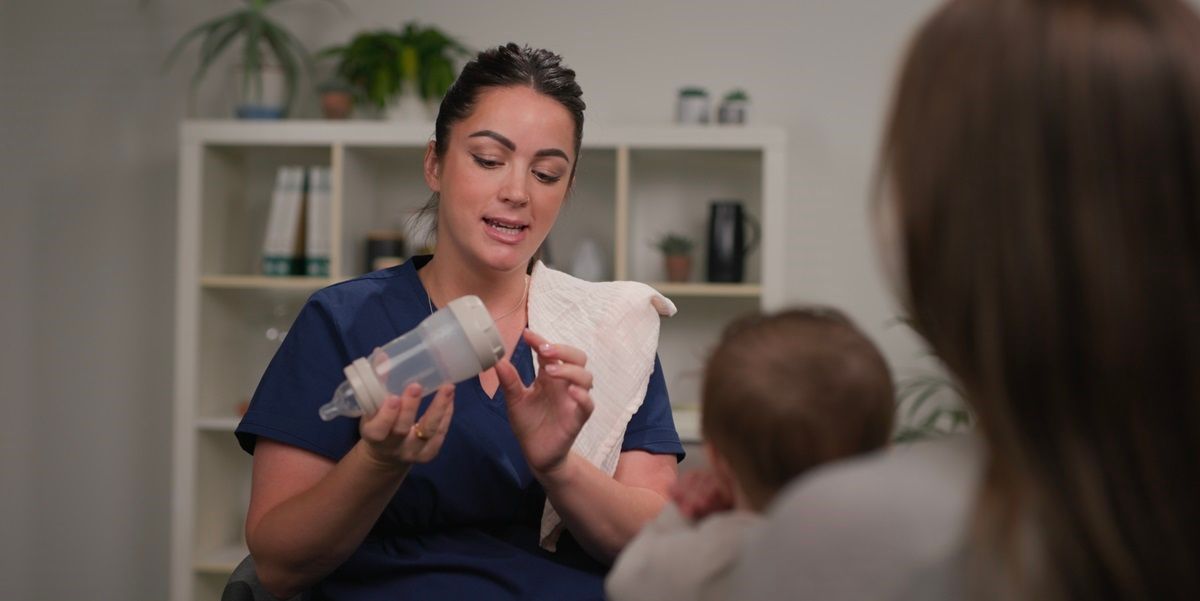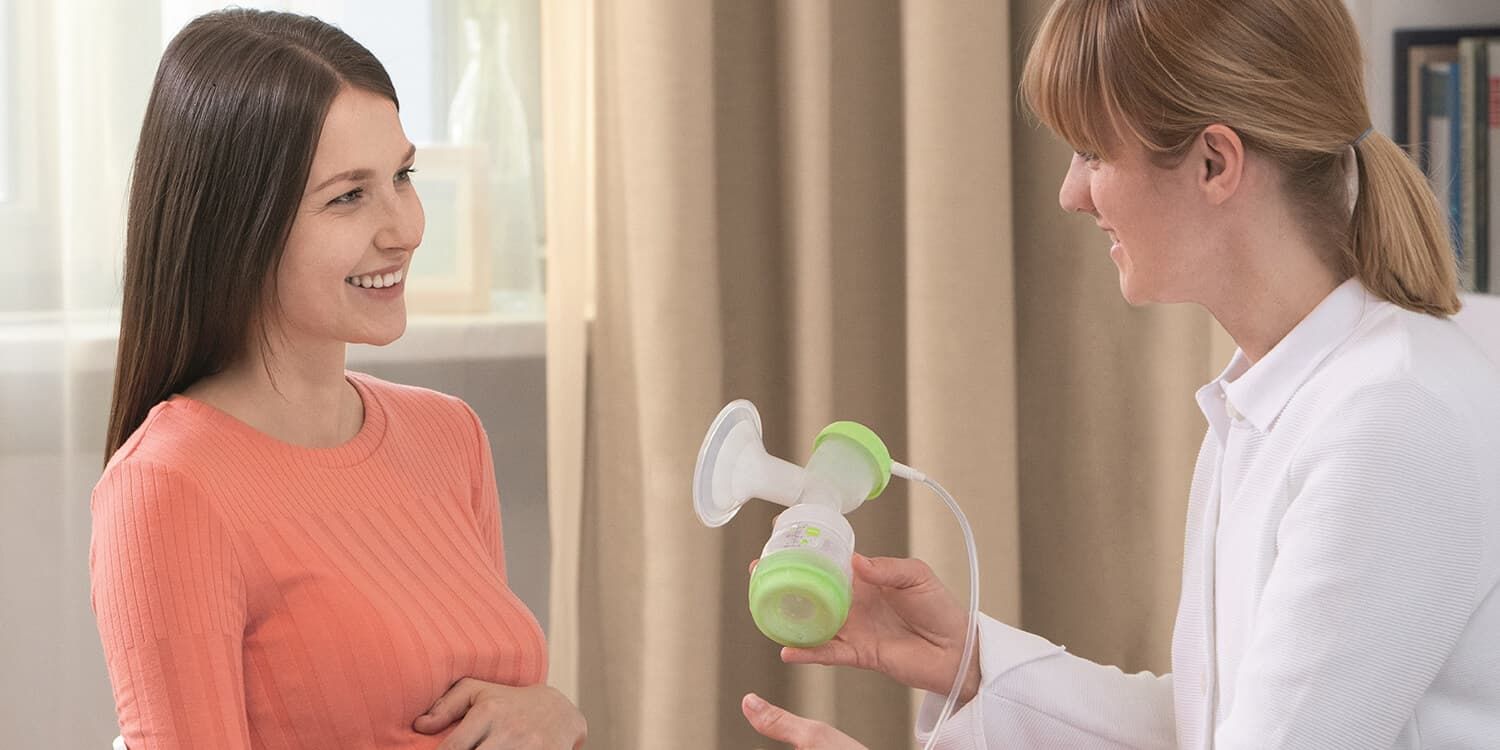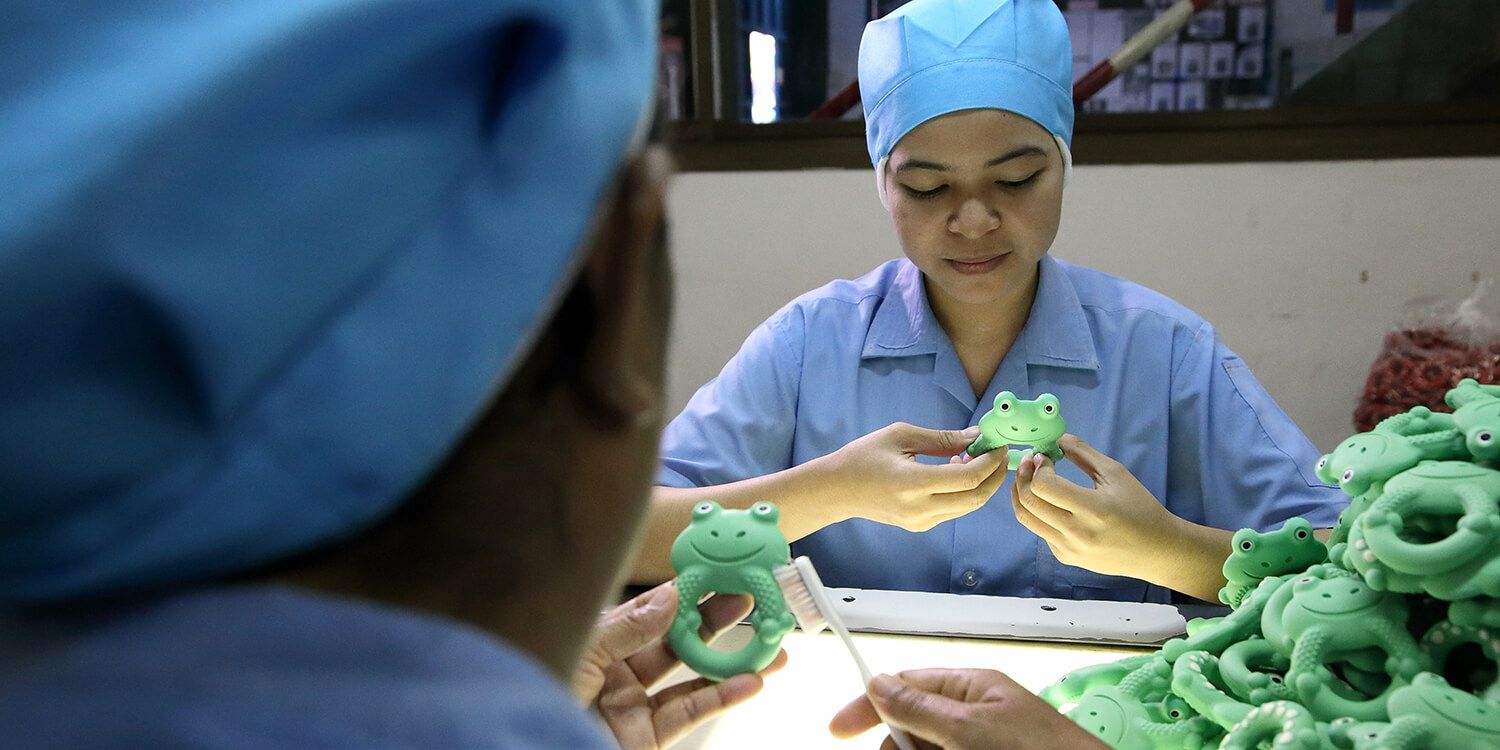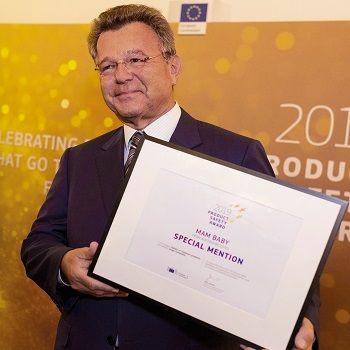Based on over 40 years of dedicated research, development and expertise, we manufacture premium-quality baby products that are outstanding in their safety, function and convenience.
Our work with medical experts
The constant involvement of clinical experts in product development at MAM directly benefits children and guarantees the best possible products.
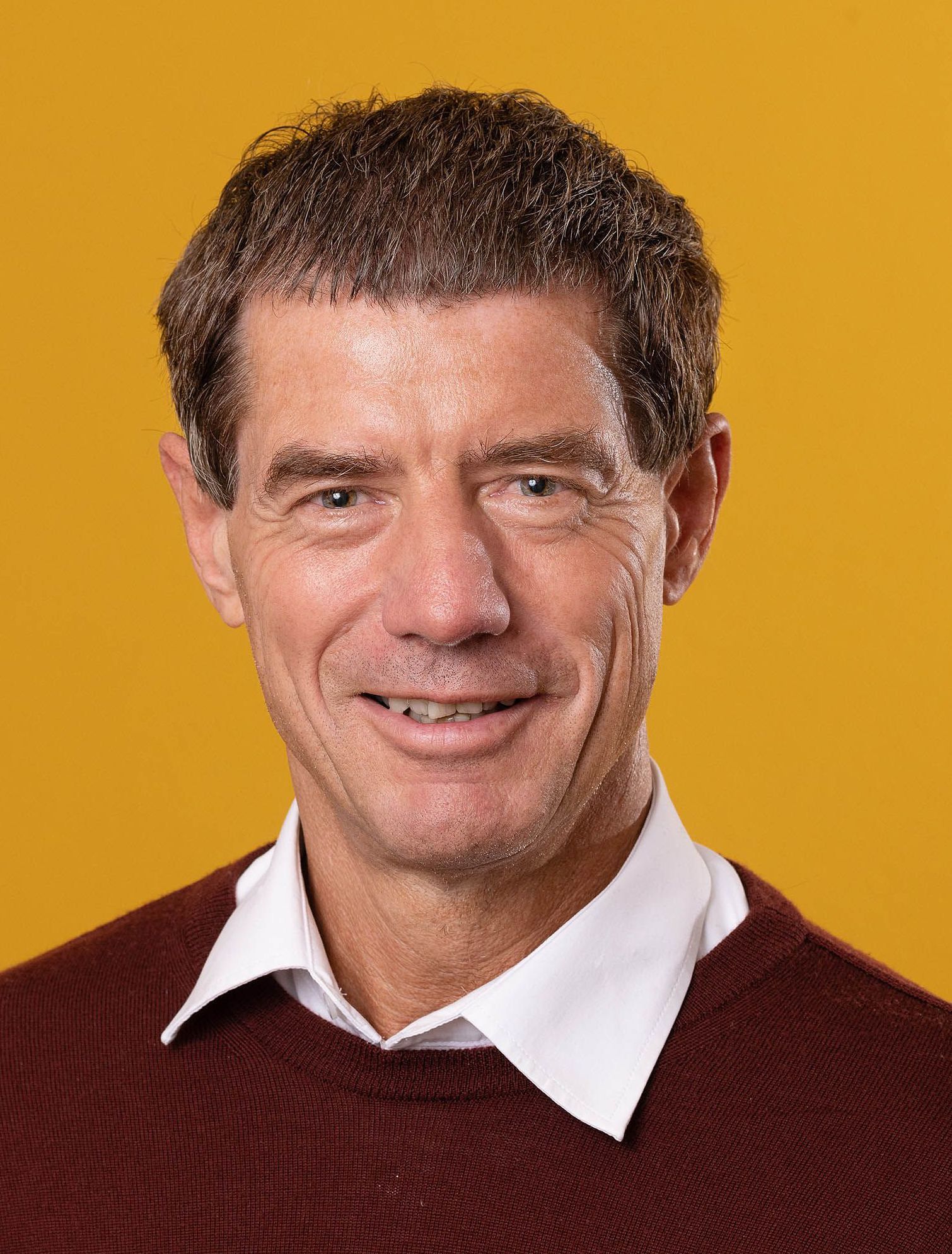
Dr. Reinhold Kerbl
President of the Austrian Society of Pediatrics & Adolescent Medicine, Head of the children's department at Leoben State Hospital (Austria)
What are MAM Baby products made of?
What are MAM Baby products NOT made of?

Safety is of utmost importance for MAM. That’s why we say “no” to:
Our quality management & testing methods
Good is not good enough.
We do not just meet the highest standards for baby products, we exceed them – and have been actively involved in shaping them at the European level for many decades.















